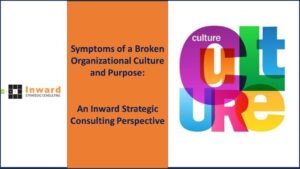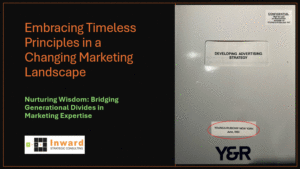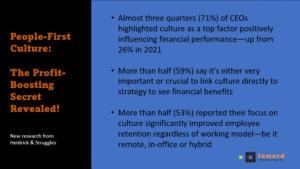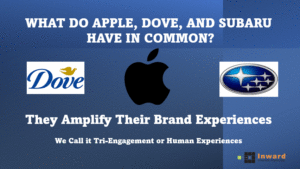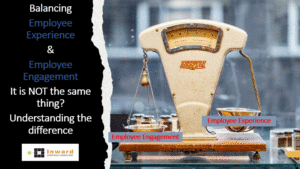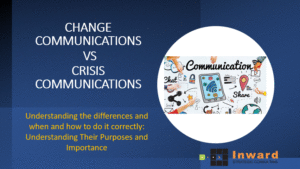Inward Strategic Consulting Perspective:
The 2023 Edelman Trust Barometer Special Report supplies a convincing message to global marketers: Trust is a dynamic and evolving factor in the B2C relationship. Hence, it is time for brands to adapt their strategies for long-term success. Over 70% of consumers highlighting trust as a pivotal element in their brand choices. It is ranking third behind ” good value for money ” and ” best quality”. It’s undeniable that trust has become a make-or-break detail in the consumer’s decision-making process.
The study also underscores the pivotal role of brand motive inside the trust equation. Brands with a significant and authentic reason are much more likely to establish trust that endures over the years. Purpose-driven marketing isn’t always just a trend; it’s a need.
One of the most significant revelations from the study is the transformation of the conventional income funnel. Consumers no longer follow a linear path; instead, 50% of respondents do most of their brand research after making a purchase.
Trust is no longer an endpoint but an ongoing relationship, with 59% of respondents believing that trust drives purchasing, and 67% indicating it fosters loyalty and advocacy.
The study highlights two essential trust principles: relevance and authenticity. Brands can break trust by being irrelevant or inauthentic in their interactions with consumers. In these unpredictable times, understanding your brand and your consumers is paramount, as Courtney Miller, EVP, Head of Strategy at Edelman, explains.
Building trust, however, cannot be rushed or forced. Brands must focus on creating meaningful connections and actions that resonate with consumers. As Chemistry’s EVP of Partnerships and Experiments, Courtney Saul, states, the most trusted brands aim to make people feel something, motivate them, and even surprise them. Trust is established through meaningful connections and actions, not a conventional funnel.
To cultivate trust effectively, marketers should prioritize three primary areas: simplicity, consistency, distribution channels, and brand purpose. In a world saturated with content, simplicity and valuable, consistent brand experiences are key. Brands must maintain a positive product experience and consistent behavior across all interactions.
Regarding distribution channels, understanding each channel’s unique role and adapting the message accordingly is crucial. Marketers must coordinate their message consistently across all channels and embrace an omnichannel strategy that offers a seamless experience.
To win or regain trust, marketers need to see consumers as long-term partners rather than transactional targets. This perspective leads to benefits such as product diversification, price elasticity, loyalty, a goodwill bank and a connection with the sales staff and associates. Connecting with consumers on a human level and focusing on what the brand stands for is essential for all customer but especially for Gen Z consumers.
The trust issue should be taken seriously, as consumer trust in brands is rapidly evolving. Marketers should act decisively and align their company’s purpose with tangible customer experiences. Brands must be seen as fulfilling their promises, being fair, honest, and actively contributing to society.
In conclusion, trust is the linchpin of modern marketing. Marketers who understand and embrace the changing landscape of consumer trust and brand purpose will build strong, long-lasting relationships and remain relevant in these ever-evolving times. #Marketing #TrustBuilding #ConsumerRelationships #BrandPurpose










